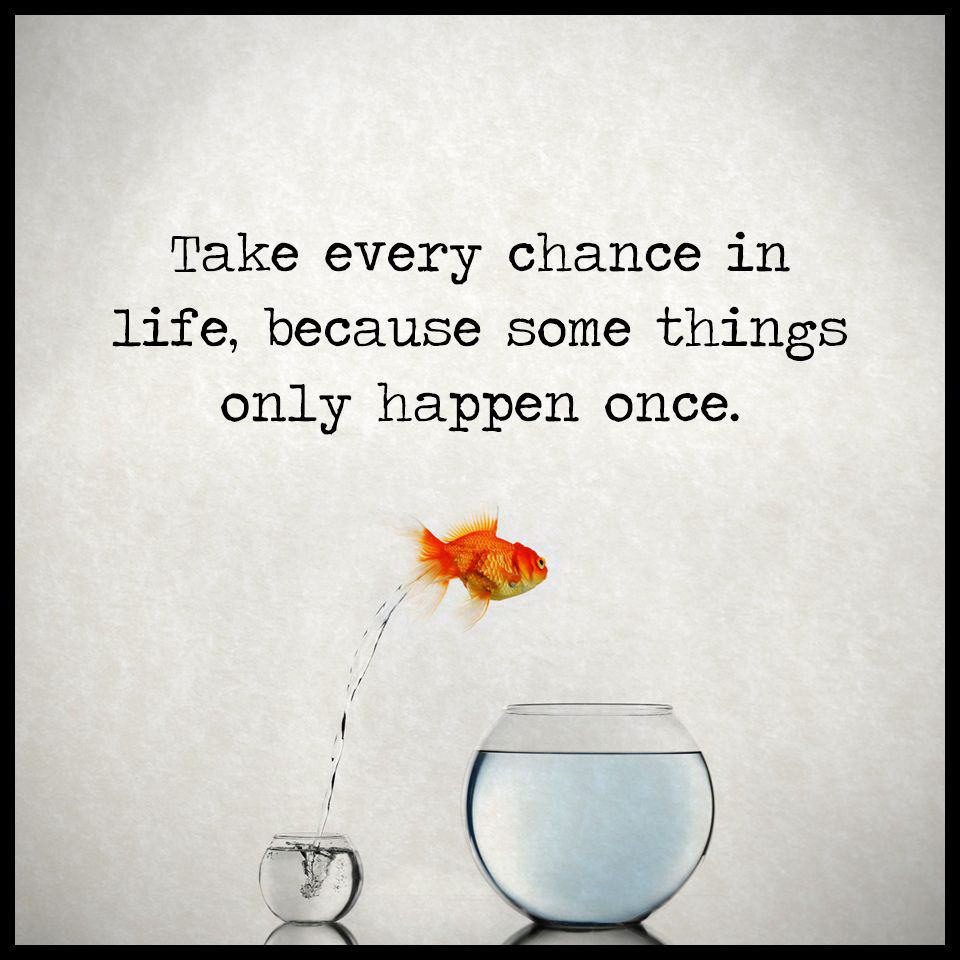When was the last time you cried? What was it about? Can you remember how you felt after letting all those tears flow?
Some people are ashamed of crying and view it as a symbol of weakness. That’s a very unhealthy way to look at things, and it goes against the human body’s natural functions. Here are 9 ways crying helps you relieve stress and start healing.
1. It Helps Restore Balance
Have you ever noticed that you cry in different circumstances in different ways? Think about it! How do you cry when you’re:
- Sad
- Frightened
- Stressed out
- Happy
- Relieved
- In pain
 It’s common to think mainly of sadness when you think about crying, but crying happens for countless reasons. However, the main thing linking them is that most tears are brought on by extreme emotion.
It’s common to think mainly of sadness when you think about crying, but crying happens for countless reasons. However, the main thing linking them is that most tears are brought on by extreme emotion.
Why does this happen? Research suggests that this is due to the body and mind’s need to restore positive equilibrium to the emotions. In other words, these extreme forms of emotion need to be balanced out, and crying helps to release that pent-up stress and bring the brain back to a more reasonable, “average” emotional state.
So if you’re stressed out or in emotional turmoil, crying can help to relieve some of that by bringing you to a state of balanced emotion. This allows you to begin the healing process, recovering from your feelings’ extremities healthily and naturally.
2. It Helps You Soothe Yourself
Self-soothing behavior refers to the natural ways that you may try to help yourself feel calmer or better in general. Most people learn to self-soothe in childhood. Not all forms of self-soothing behavior are healthy, however. Still, to provide you with examples, here are some common ways that people self-soothe, even if some are not the best options:
- Biting fingernails
- Twirling hair
- Rocking back and forth
- Taking a warm bath
- Listening to relaxing music
- Chewing gum
- Drinking alcohol or smoking cigarettes
Self-soothing behaviors have to be healthy and positive to be effective, of course, and crying is one way to do that! This is because when you cry, you activate your brain’s parasympathetic nervous system, which aids in the body’s recovery and rests. It’s not instant, but after several minutes of crying, you’ll begin to feel the self-soothing effects.
3. It Gathers Support
Some people feel ashamed of crying because they feel like it draws attention to them. But that’s counterproductive thinking! When you need to heal, you need other people to be able to empathize with you. Social support is a significant factor in recovery, and it can help reduce the severity of negative emotions and stress.
Crying is an attachment behavior, and studies show that crying can actually encourage people to rally around you and provide you with the support you need. People who care about you and matter in your life will be able to easily recognize that your tears indicate something serious – provided you don’t cry all the time, of course!
This is especially useful when it’s too difficult for you to articulate what you’re feeling. Crying provides clear and direct communication: you’re in trouble, and you need help and support. There’s a reason that from infancy, we learn to cry to convey information – it works well into adulthood, as long as it’s not done in excess.
Better yet, crying can help to strengthen certain bonds that you share with others. It shows that you trust those you’re crying around, and they can show that they care about you by being supportive. Many relationships (platonic or otherwise) can feel a closer connection after this show of vulnerability.
4. It Facilitates Faster Moving On
If what you’re coping with is a loss or tragedy of some kind, there are many possible ways to react. You may:
- Become angry
- Blame others
- Feel resentful
- Feel guilty
- Repress the emotion
- Become sad
Of all these options, becoming sad is the fastest way to help you get over something difficult. This doesn’t mean that you’ll magically feel better, but being sad and crying allows you to grieve naturally.
Other methods of handling these kinds of situations typically make things worse. It’s completely okay to have an initial reaction to things that don’t involve crying, but a day or so later, anger, guilt, and resentment are nothing but counterproductive. They’re self-destructive and can trap you in cycles of negative emotion that are tough to handle.
When you cry, it’s a sort of acceptance. This happened, and it’s terrible, but you’re living in that moment and experiencing it. On the other hand, resentment, repression, guilt, and other similar behaviors trap you in the past, keeping you stuck in this tragedy for a long time.
At the end of the day, grieving is a highly personal process and journey. All that is known is that crying can have a positive effect on recovery and healing from that process. However, you should expect grief to affect you in its own unique way.
5. It Improves Mood
When you cry, you’re likely to feel a little better afterward. It won’t be a dramatic change, but you’ll find yourself with a little more positive thinking after you cry. However, there are some caveats to this and some things to keep in mind:
- It is not unlikely that individuals misremember the large variation between their emotional state before and after crying; in other words, it helps, but not as much as most people think.
- The way others react to your crying is more important than the crying itself; multiple negative reactions are likely to make you feel worse afterward, but being shamed or made fun of will always result in your feeling worse.
- Crying too much or in excess may no longer provide any positive benefits to you.
- It can take as long as two hours before you even begin to feel better after crying, so it’s not immediate relief.
But with all those disclaimers, why is this factor of feeling better still important? Well, when you want to begin to heal, your brain needs to register it as a possible and doable goal. Feeling slightly better after crying is like taking a tentative but solid and reliable first step into recovery!
 6. It Prevents Spirals Into Depression
6. It Prevents Spirals Into Depression
Continual repression of emotion can lead to worsened intensity of that feeling. Studies indicate that bottling feelings up can be unhealthy, but expressing those emotions can lead to significant improvements in overall mood.
When you cry, you’re admitting that you’re sad. You’re openly expressing negative emotions, even though it may be difficult to do. This prevents the emotion from becoming overwhelming, stopping the chance of you spiraling into the development of a mood disorder such as depression.
7. It Helps You Sleep
Have you ever noticed that you sleep extremely deeply after a good cry? There might be a good reason for that, though the main study found this result was conducted on infants, so take it with a grain of salt.
Supposedly, crying is a tiring activity, and it can be emotionally exhausting. Naturally, the body then craves sleep to recover. This allows you to fall asleep easily, and the nap can help you feel refreshed and recharged after you’ve been through something difficult.
It is also commonly known that getting enough sleep can aid mental health, too, so crying to sleep can indirectly facilitate emotional healing. Sleep can:
· Reduce Stress
A lack of sleep contributes to irritability, unstable mood, and other similar problems. Of course, this all leads to heightened stress. If you need to be calmer, you’ll want to get more sleep, and crying can help with that relief.
· Reduce Anxiety
Sleep deprivation is a common contributor to anxiety, and it starts an unhealthy cycle because anxiety, in turn, makes it harder to sleep! Studies show that individuals with anxiety are more likely to experience sleep issues and vice versa. Basically, the sleepier you are, the tougher it is for you to cope with anxious thoughts and emotions, which can hamper your healing process.
· Reduce Depression Symptoms
Most research indicates that a lack of sleep can lead to a significantly decreased level of positive thinking. More importantly, some research suggests that your risks of developing depression double if you don’t get enough sleep.
8. It Reduces Blood Pressure
People often joke about their blood pressure rising when they’re stressed out, and like many jokes, it has its roots in reality. Being very stressed out can lead to an increase in overall blood pressure, and that can cause other problems for you that may distract you from the healing process.
Luckily, studies have suggested that your blood pressure can go down after a good cry. Your pulse will get steadier, your vitals will balance out, and you’ll feel the physical effects of your emotions slowly fade away.
9. It Reduces Pain
Crying, especially over a prolonged period, reduces a couple of neurotransmitters (or hormones). Two of them are endorphins and oxytocin, which are positive, feel-good hormones that boost mood and reduce the severity of pain on an emotional and physical level.
If you’ve ever felt numb while crying, this is because of these hormones working their magic. They’re helping to reduce the worst of the pain you feel, allowing you to better process your emotions. It’s a great way to begin working on healing right off the bat.
 Final Thoughts On Some Ways Crying Helps Relieve Stress And Start Healing
Final Thoughts On Some Ways Crying Helps Relieve Stress And Start Healing
Allowing yourself to cry can help stress-relief and overall healing, so don’t be afraid to bring out the tissues and sob. There’s no shame in needing emotional release, especially in difficult times.
Of course, there’s a limit to healthy tears and what they can do. If crying begins to interfere with your everyday life or reaches the point where you can’t do daily tasks, you should speak to a doctor or mental health professional.
You should also see professionals if your crying isn’t helping you and you feel worse or don’t seem to have any mood improvements over a prolonged period of time. Remember, you are not alone, and some people care about you and want to help you!




















